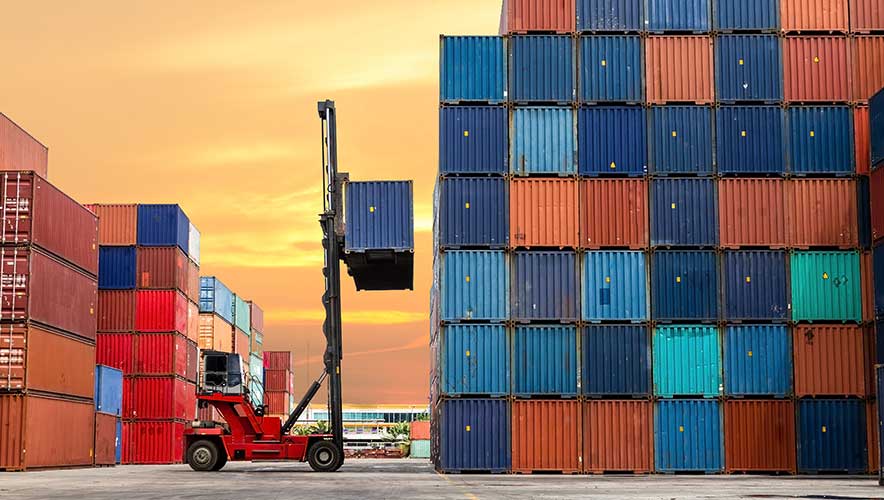Investigation into Organized Crime Network Uncovers Corrupt Port Workers
Shipping ports are as valuable to criminal organizations’ supply chains as they are to legitimate businesses, so criminal networks rely on corrupt workers and other insiders to get them access and enable them to smuggle drugs and other illicit goods into and out of countries.
On 6 October 2022, 300 police officers carried out coordinated raids in Italy to root out ‘Ndrangheta criminal syndicate members and affiliates in Reggio Calabria, Vibo Valentia, Bar, Naples, Rome, Terni, Vicenza, Milan, and Novara, Europol said in a news release. The raids resulted in 31 arrests and 7 million euros worth of criminal assets being seized so far.
The arrests are part of a complex investigation by the Italian Financial Corps (Guardia di Finanza), supported by Europol and Eurojust, in which more than 4 tons of cocaine imported by the criminal group have been seized. The drugs have an estimated street value exceeding 800 million euros.
“The investigation identified a corrupt customs officer who allegedly altered the outcome of an x-ray scan performed on a container containing 300 kilos of cocaine,” Europol said. “He is believed to have received a sum equivalent to 3 percent of the value of the illicit cargo for this.”
Ports are under extreme pressure these days to keep operations fully staffed and functional to ensure supply chains keep moving. However, jobs on freight ships and around ports are becoming less attractive to workers, and skilled laborers are looking elsewhere for more stable career options, Security Management reported in May 2022.
“The call for more skilled labor at ports offers organized crime groups a chance to plant their members directly into the supply chain, bypassing the need to motivate outsiders or cultivate allies,” wrote SM associate editor Sara Mosqueda.
A 2020 Italian study found that out of Italy’s 350 ports, 50 were impacted by the presence of organized crime gangs. And as workforce shortages put pressure on ports, maritime businesses are looking to hire quickly, potentially missing job applicants’ links to organized crime or potential to be compromised.
Ports and shipping companies are looking for workers after widespread resignations. But hasty hiring opens doors crime, error, and disorder. Here's why. https://t.co/OA22pWNkPo
— Security Management (@SecMgmtMag) May 18, 2022
Many blue-collar workers in logistics are short-term, low-paid workers, which makes them easy for criminals to compromise, Björn Hartong, CPP, practice leader for marine and security at Zurich Insurance Group, told Security Management in 2020. They may be asked to share information on inventory, cargo routes, or shipment dates in exchange for quick cash. Additionally, criminal organizations have sent members to work in warehouses and in logistics posts, doubling their salary in exchange for useful information.
In the October 2022 raids, investigators found that members of the ‘Ndrangheta would arrange for cocaine to be shipped from South America, and field coordinators would recruit and manage corrupt dock workers, paying them a commission between 7 and 20 percent of the value of the illegal cargo. Complicit port operators would arrange for the “contaminated” containers with illicit goods to not be intercepted as they were smuggled into the port.
“This investigation uncovered how the ‘Ndrangheta is using corruption to enable its criminal activity and undermine law enforcement’s efforts,” said Jari Liukku, the head of the European Serious and Organised Crime Center at Europol. “Europol sees the use of corruption, in the private or the public sector, as a major enabler of organised crime. In this particular investigation we are very pleased to have joined forces with the Italian Guardia di Finanza to support them in fighting large-scale drug trafficking as well as corruption at an EU entry point. In this regard this investigation sets an example.”
